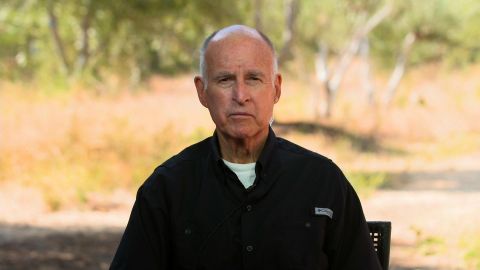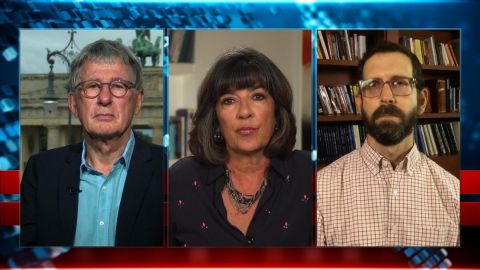Read Transcript EXPAND
JOACHIM KERSTEN, GERMAN POLICE UNIVERSITY: See the the police education in Germany is very different from that of the United States in that it is very much longer and it’s very much more sort of school or academic oriented and part of the curricula for the — at least for the silver ranks and of course, for the gold ranks in policing is the education about the German past and the burden that Germany I think still carries, like the U.S. still carries the burden of slavery and the Civil War. So they have classes, but then, they are young people, you know, and to sort of see what happened — what has happened under the Nazi rule in a concentration camp is certainly helpful. But what is equally essential is that they have classes where they actually train interactive communication with people who look different and who are different because they come from other countries and other cultures. And that is, I think, equally important to the history lessons is to have interactive teaching when it comes to dealing with people of color, with people who are disoriented in our in our country and there are quite a lot of them.
CHRISTIANE AMANPOUR: Let me turn to you, Neil Gross. You’ve been listening to this. You have got so much experience on the U.S. side. You’re a former police officer yourself. You’re a Sociology Professor. Now, some historians even in Germany say you cannot compare what happened during the Nazis and the Holocaust to what’s happening in the United States. I wonder whether you agree with that and whether you think that America which has never institutionally confronted its slavery past should do things among others, like what police recruits have to go through — education sensitivity — you know, there are plenty of memorials and history that police and other law enforcement could actually learn about. Would that work in the U.S.?
NEIL GROSS, SOCIOLOGY PROFESSOR, COLBY COLLEGE: Well, I think it’s a tough question. I think that there are small scale efforts underway in a number of departments now to expose officers to both the history of racism vis-a- vis the police, and also to its present forms. You see programs popping up in, you know, in cities, large and small where officers are taught about the history of policing in their communities, which they’re exposed to people who have been mistreated by the police in recent years. But these are really just drops in the bucket.
About This Episode EXPAND
Christiane speaks with former California governor Jerry Brown about current events. She also speaks with policing experts Joachim Kersten and Neil Gross about police reform. Michel Martin speaks with media columnist Margaret Sullivan about the importance of local news.
LEARN MORE


